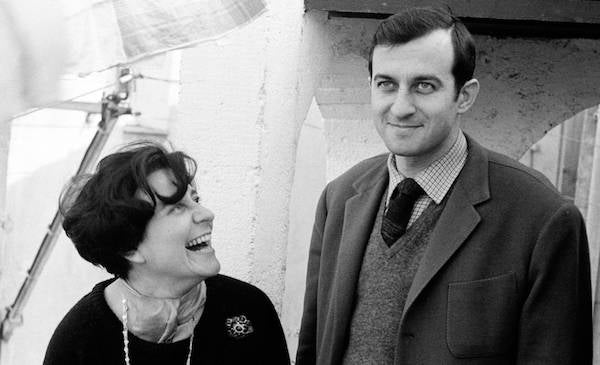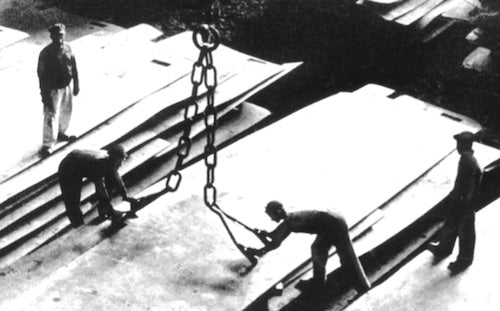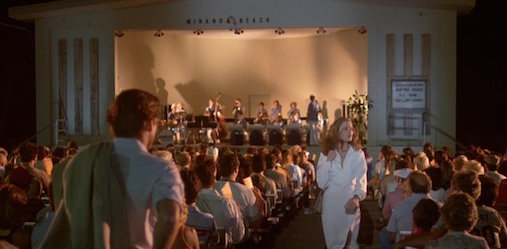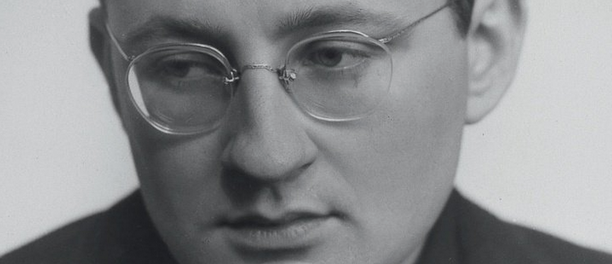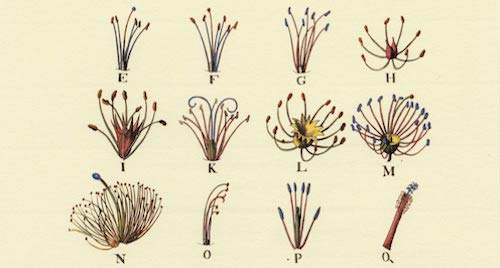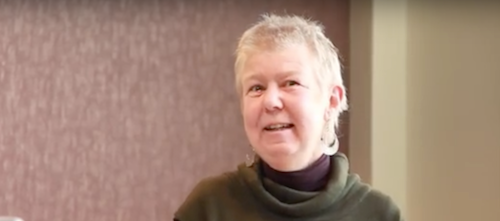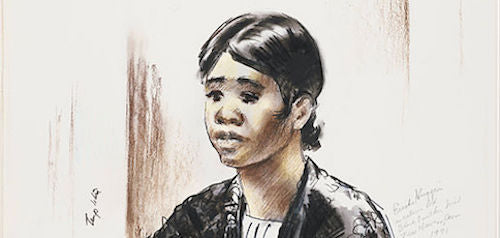
On the Obsolescence of the Bourgeois Novel in the Anthropocene
How can cultural workers respond to climate change? Can the cultural work of responding to climate change be a global conversation? In his latest addition to his General Intellects collection of critical appreciations, McKenzie Wark writes about the novelist Amitav Ghosh's influential lectures on "the great derangement."
